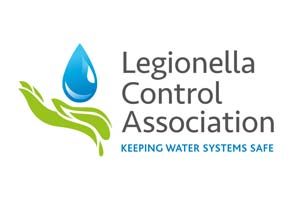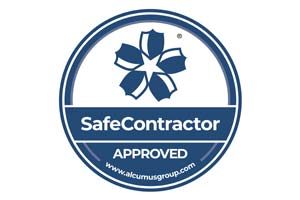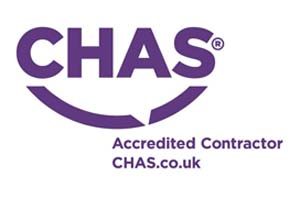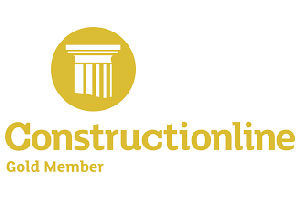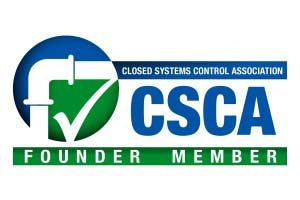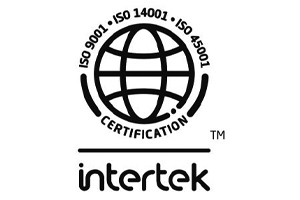12 Steps To Managing Legionella Compliance in Food and Beverage Manufacturing
Helping food and beverage manufactures to navigate the complexities of water safety management.
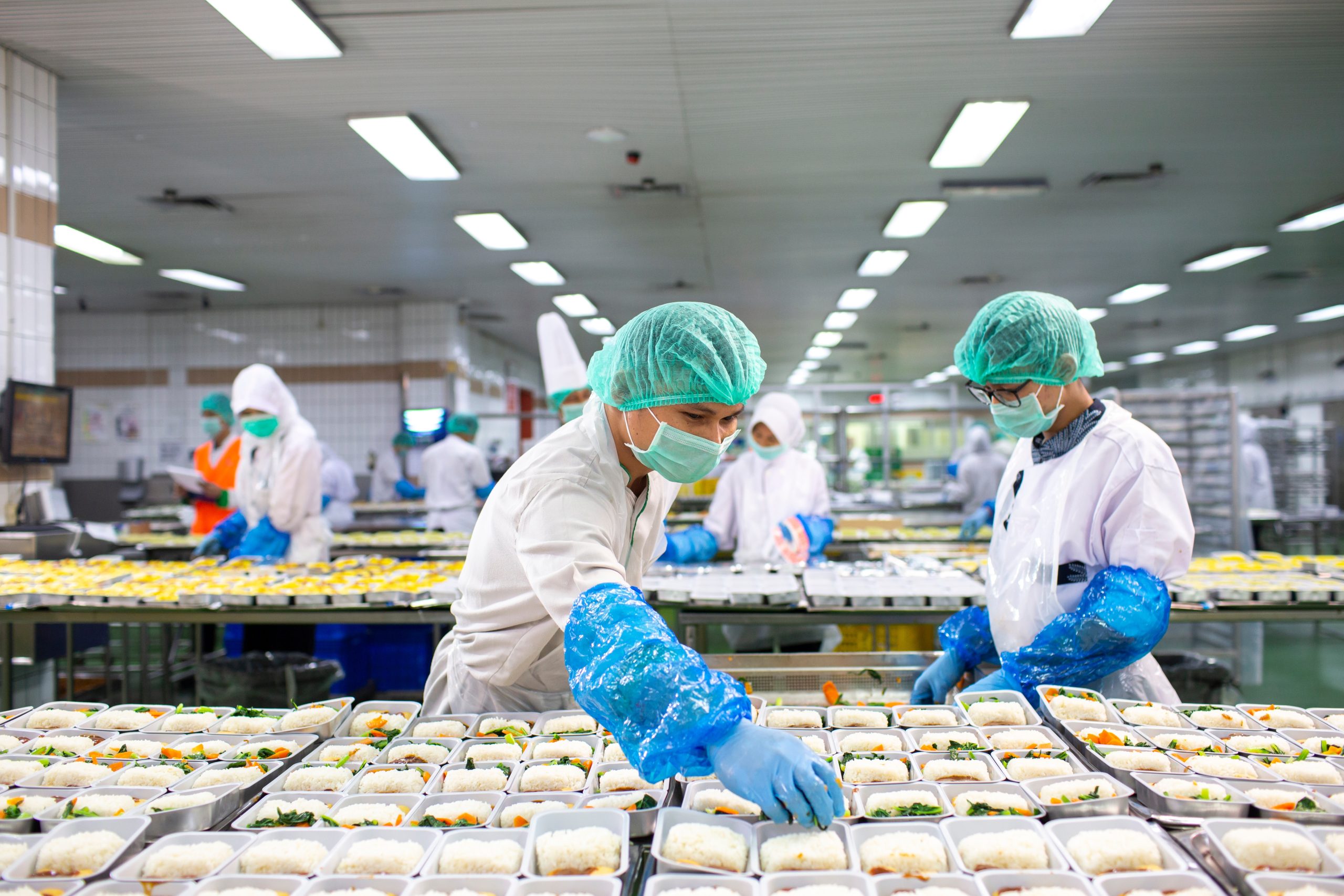
"Managing Legionella compliance in food and beverage manufacturing requires a comprehensive approach that addresses the unique challenges of the industry."
12 Steps To Managing Legionella Compliance in Food and Beverage Manufacturing
For food and beverage manufacturers, maintaining strict water safety standards isn’t just about compliance – it’s fundamental to product quality, safety, and brand reputation.
With over 25 years’ experience supporting manufacturers across the UK, at TEC we’ve seen first hand how maintaining water safety standards goes far beyond simple compliance and understand the unique challenges you face in implementing effective Legionella control measures.
In this blog post, we’ll share our expert insights and practical knowledge to help you navigate the complexities of water safety management. We’ll explore everything from essential legal requirements and risk assessments through to the latest innovations in monitoring technology and chemical treatment solutions.
Whether you’re looking to enhance your current water safety programme or ensure you’re meeting all compliance requirements we’ll walk you through integrating water safety with your existing food safety systems while optimising your operations for efficiency and sustainability.
Understanding Legal Requirements in Manufacturing Environments
Food and beverage manufacturers must comply with both food safety regulations and water safety legislation, including the Health and Safety at Work Act 1974 and the Control of Substances Hazardous to Health (COSHH) Regulations 2002. The HSE’s Approved Code of Practice (ACoP) L8 provides essential guidelines for preventing and controlling Legionella in water systems, which is particularly crucial in food production environments where water is a key component of both manufacturing processes and cleaning operations.
Risk Assessment in Manufacturing Facilities
A thorough Legionella risk assessment in food and beverage manufacturing facilities must account for the complexity of industrial water systems.
This includes examining process water cooling towers, cleaning systems, and staff facilities. The assessment should evaluate the entire water system’s architecture, identifying potential risk areas where water might stagnate or where temperatures could promote bacterial growth. Special attention must be paid to areas where water sprays or aerosols might be created during manufacturing processes for food and beverage manufacturers as these present increased risks for Legionella transmission.
Water System Management in Production Areas
Manufacturing facilities often have complex water systems that serve multiple purposes. Process water systems require careful monitoring to ensure both product safety and Legionella control. Temperature control is particularly challenging in food and beverage manufacturing, where different processes may require various water temperatures. This complexity necessitates a sophisticated approach to water management that balances production needs with safety requirements.
Cooling Tower Considerations
Many food and beverage manufacturing facilities utilise cooling towers in their operations, which are known risk areas for Legionella growth. These systems require specialised attention, including regular cleaning, disinfection, and monitoring. A robust maintenance programme should include water treatment, regular testing, and careful documentation of all activities and results in guidance with HSG274 Part 1.
Creating Effective Cleaning Protocols
In food and beverage manufacturing, cleaning processes are critical for both product safety and Legionella control. High-pressure washing systems and aerosol-generating cleaning processes must be carefully managed to minimise risk. This includes implementing appropriate control measures, such as proper drainage systems and regular maintenance of cleaning equipment.
Staff Training and Awareness
Personnel involved in water system management must receive comprehensive training on Legionella control. This includes understanding the risks specific to food and beverage manufacturing environments, recognising potential problem areas, and knowing the proper procedures for monitoring and maintaining water systems. While regular refresher training ensures that staff remain current with best practices and regulatory requirements.
At TEC, we provide face-to-face basic Legionella training and flexible online courses, allowing employees to revisit the learning content as often as needed to ensure the best learning experience for everyone.
Monitoring and Documentation Systems
Effective monitoring in food and beverage manufacturing requires sophisticated systems that can track multiple parameters across various water systems. Modern technology enables real-time monitoring of critical control points, allowing for rapid response to any deviations from acceptable parameters. Comprehensive documentation is essential not only for regulatory compliance but also for maintaining food safety certifications.
Emergency Response Planning
Manufacturing facilities must have clear procedures for responding to potential Legionella contamination. This includes protocols for system shutdown, cleaning, and disinfection, as well as communication plans for notifying relevant stakeholders. The response plan should integrate with existing food safety and quality management systems to ensure a coordinated approach to managing water-related risks.
Integrating Water Safety with Food Safety Management
Water safety management should be fully integrated with existing food safety management systems. This integrated approach ensures that water quality meets both safety and production requirements while streamlining monitoring and documentation processes. Regular reviews of the integrated system help identify opportunities for improvement and ensure continued effectiveness.
Environmental Considerations
Modern manufacturing facilities must balance water safety management with environmental responsibilities. This includes implementing water conservation measures, using energy-efficient monitoring systems, and choosing sustainable treatment methods. Advanced technology can help optimise water usage while maintaining strict safety standards.
Custom-designed control systems can optimise water and energy consumption across various applications. For example, tailored dosing setups and control systems for steam boilers, cooling towers, and chemical dosing systems.
Advanced Technologies for Modern Manufacturing
The future of water safety management in food and beverage manufacturing is being transformed by technological innovation. Remote temperature monitoring systems now provide 24/7 compliance data, offering real-time insights and immediate alerts for any issues. These systems can significantly reduce labour costs while improving accuracy and response times. Additionally, sophisticated data analytics help identify patterns and potential problems before they become critical, enabling proactive maintenance and risk management.
Chemical Treatment and Water Quality
Food and beverage manufacturers require specialised chemical treatment programmes that maintain water quality without compromising product safety. This includes carefully selected corrosion and scale inhibitors, appropriate biocides, and custom-made treatment solutions that account for the specific metallurgy of your systems. Modern “drum-free” solid water treatment chemistry options offer environmental benefits while maintaining the highest safety standards.
Your Trusted Water Safety Experts
As we’ve just explored, managing Legionella compliance in food and beverage manufacturing requires a comprehensive approach that addresses the unique challenges of the industry. Success depends on understanding regulatory requirements, implementing appropriate control measures, and maintaining effective monitoring systems. By taking a systematic approach to water safety management, manufacturers can protect their employees, products, and brand reputation while maintaining efficient operations.
Don’t leave your water safety to chance. As your trusted partner in water hygiene and Legionella compliance, TEC brings over 30 years of specialised industry experience to support your manufacturing facility. Our team of highly qualified in-house engineers and technicians provides nationwide coverage and 24/7 support, ensuring your water systems remain safe and compliant while optimising your operations.
Contact TEC today to discuss your water safety needs and discover how we can support you. Call us at 0151 257 9302 or email info@tecompliance.co.uk to schedule a consultation with our industrial water safety specialists.


